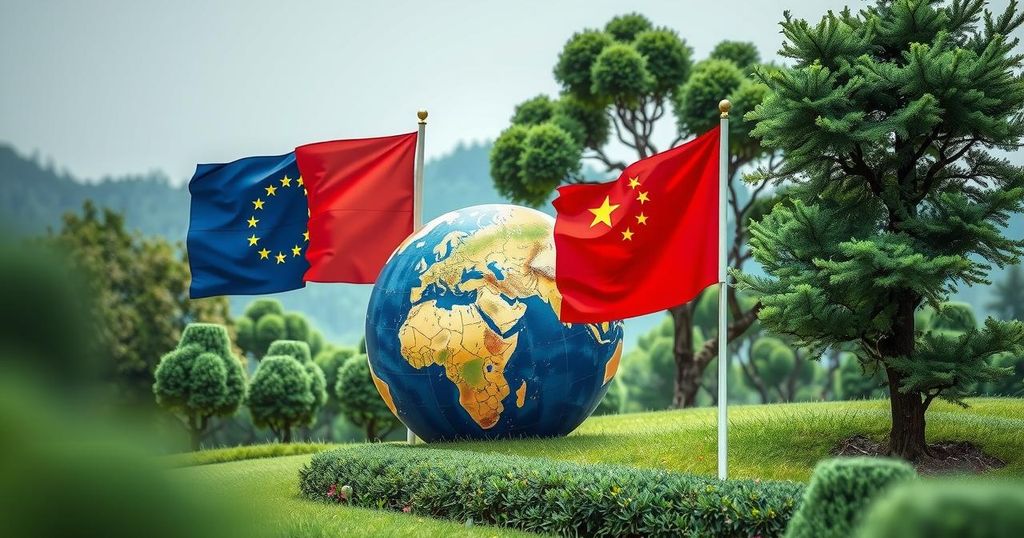EU Holds Back on Signing Climate Action Pledge With China

- The EU is hesitant to sign a climate action pact with China.
- A mid-September deadline looms for the EU to submit a climate target.
- China risks missing its own carbon intensity reduction goals for this year.
EU is Reluctant to Sign Climate Action Pledge with China
EU’s Climate Goals Are Ambitious, but Unilateral: The European Union’s climate strategy is recognized globally as one of the most ambitious in existence. However, recent developments indicate that these goals have solely relied on reductions in domestic emissions. As negotiations heat up with China for a joint climate action pledge, EU officials have expressed reluctance to sign without more substantial commitments from Beijing. This hesitation comes amid mounting pressure to submit a new climate target to the United Nations by mid-September, specifically for the year 2035.
China Struggles with Climate Goals Amid Economic Pressures
China’s Economic Growth vs. Environmental Goals Dilemma: The situation has become more complex for China, which is grappling with the need to sustain economic growth while working toward environmental objectives. Reports suggest that China may fall short of its ambitious aim to cut carbon intensity by 18% by the end of this year. This poses significant challenges as both the EU and China assess pathways to balance economic development with essential climate action, reflecting the difficulties nations face in curbing greenhouse gas emissions while striving for economic stability.
Implications of EU-China Climate Talks for Future Action
The Future of EU-China Climate Cooperation: Overall, the EU’s Climate Commissioner Wopke Hoekstra’s remarks highlight a critical juncture in EU-China relations regarding climate action. The EU is unwilling to engage in any declaration without real content and ambitious commitments from its counterpart. As the world’s second- and third-largest economies, their approach to climate change could significantly influence global climate policies. The outcome of this negotiation will undoubtedly shape both the European and Chinese climate strategies moving forward, determining if a fruitful partnership can emerge from their contrasting aims.
In essence, the European Union is demonstrating hesitance in signing a climate action pledge with China due to the need for more ambitious emissions reductions from Beijing. As both sides face various challenges tied to their economic and environmental goals, the future of climate cooperation is uncertain. The outcome of these negotiations will not only affect bilateral relations but could potentially impact global climate initiatives as well.






